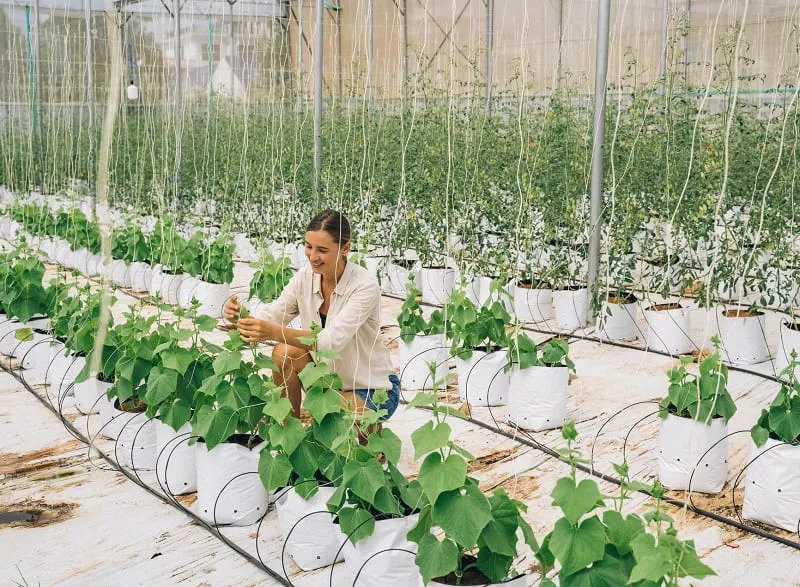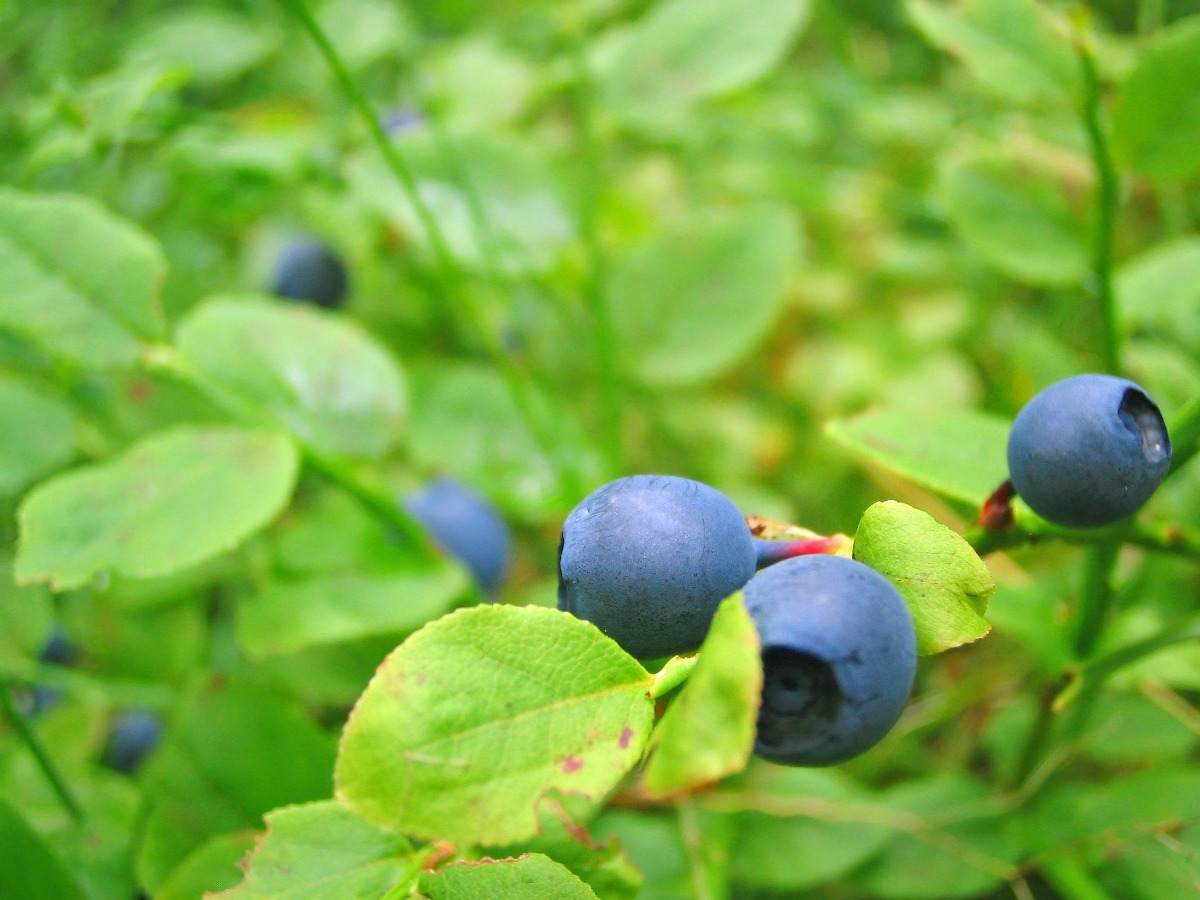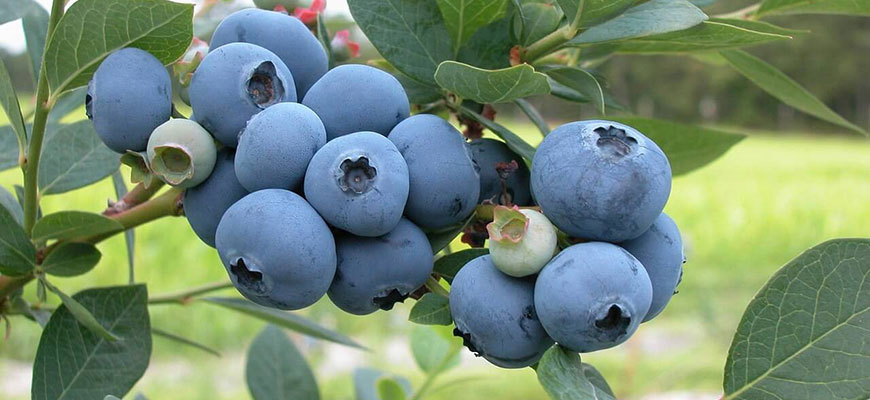How To Grow Hydroponic Blueberries
Growing hydroponic blueberries allows you to enjoy the sweet and nutritious berries year-round, regardless of your geographical location or climate. Hydroponics provides an ideal system for cultivating blueberries, offering precise control over growing conditions and nutrient delivery.
Can I Grow Blueberries Hydroponically?
The beauty of hydroponic gardening is that you can grow a variety of plants that are not normally associated with the practice. This includes blueberries, which make an excellent example of how versatile and rewarding hydroponic systems can be.
Unlike other perennial fruit-bearing plants, blueberries need acidic conditions for optimum health, and this could be hard to achieve with regular soil or outdoor gardening.
When you grow blueberries hydroponically, however, you have control over the pH levels in your growing environment, making it much easier to get the acidity just right for the healthy development of your plants.
Additionally, by controlling moisture levels, light exposure and nutrients more precisely than with traditional outdoor or soil gardening methods, you can also cultivate your crops closely and increase their productivity.
Overall, these advantages make blueberry hydroponics ideal for anyone looking to enjoy fresh and nutritious homegrown berries.
What Are The Benefits Of Growing Blueberries Hydroponically?
When it comes to growing blueberries hydroponically, there are many advantages that come along with it. For starters, this method of gardening is extremely efficient when it comes to water wastage.
Unlike growing traditionally outdoors, you won’t need to worry about tilling and cultivating the soil, since hydroponics doesn’t require soil at all, thus saving time and resources too!
You can also benefit from increased yields - due to the specialized environment created indoors for your plants, your suitable crop will have access to just the right amount of nutrients in just the right quantities.
Furthermore, hydroponic gardening will eliminate many common blueberry fruit problems such as birds scavenging your fruits and other diseases that would ruin your entire crop if you were growing them outside.
This makes them an excellent choice for those looking for higher yields with little effort involved. Additionally, because of their hardiness and resilience against disease making their presence plentiful on the market, they tend to be a popular garden choice nonetheless among any gardener no matter what we grow!
How Long Does It Take To Grow Blueberries Hydroponically?
Growing blueberries hydroponically can provide a more efficient way of producing larger yields in less time, as opposed to traditional planting methods in soil that require an extended growing season of around 140 days.
In contrast, with a hydroponic system you can reduce this 140 day timeline and get your harvest about two weeks quicker.
After you have your plants established, they will essentially become immortal and keep going indefinitely. This is due to the fact that larger blueberry plants are perennial, meaning they regrow their foliage on their own every year while their plant roots remain intact.
With proper attention and care given to the hydroponic environment and nutrient levels in the hydroponics system, it’s possible to harvest blueberries continuously throughout the year.
How To Grow Blueberries Hydroponically - Step By Step Guide
We hope this step-by-step guide will be of assistance as you embark on your hydroponic blueberry growing journey.
What Hydroponic System Is Best For Blueberries?
Ebb and flow hydroponic systems can be ideal for blueberries due to their flexibility and adaptability. This type of system is easy to build and set up and is often a great way for learning the basics of hydroponics.
With it, hydroponic blueberry plants can receive nutrient solutions from a reservoir, which is then released into trays containing the plants at intervals.
As your plants are watered, the extra solution will be taken back down into the reservoir. This provides your plants with an even amount of water and nutrients on a consistent basis, keeping them healthy and productive.
Alternatively, many hydroponic gardeners prefer NFT or Nutrient Film Technique systems when growing blueberries. This system uses drops instead of floods like in ebb & flow systems.
The nutrients come in a continuous stream that runs along surfaces inside PVC tubes with angled slopes allowing the solution to move through the channels without pumping or other mechanical assistance.
With this ideal method, less root pruning is necessary – allowing your plant roots to spread out more naturally for better nutrition uptake – making this an optimal choice for certain types of plants like blueberries.
How To Start Hydroponic Blueberries - Seeds vs Clones
Growing hydroponic blueberries is a great way to get a convenient and consistent supply of these tasty quality fruits. Thankfully, there’s no wrong answer when it comes to getting started with this ideal method of farming. However, generally speaking, it’s not recommended that you start growing your plants from seeds.
That’s because it can take quite a long time for them to mature, making it impractical if you want immediate results. Instead, the best plan of action is to use established transplants instead. This will help ensure that your blueberries reach the perfect stage of growth faster and with much less effort on your part.
Thankfully, Canada Grow Supplies has everything you need in order to successfully start a hydroponic blueberry farm from seed or transplant larger established plants.
Not only do we stock high-quality starter kits and supplies, but we also make sure that each item we offer meets the highest standards for safety and sustainability.
How Much Light Do Hydroponic Blueberries Need?
When considering hydroponic blueberry lighting, the HID fixture is generally recommended. These fixtures provide intense light closest to natural sunlight and are usually used in indoor settings.
Fluorescent lighting may also be suitable, but it tends to have a lower intensity that may not be enough for the plants to set consistent amounts of fruit.
LED lights are an increasingly popular alternative as they provide powerful illumination with greater efficiency than HID lighting and generate less heat; however, there is the drawback of a large initial investment needed to get them into your growing environment.
Regardless of the type of light you select for your hydroponic blueberries, you should ensure that they receive at least 12-16 hours of light each day. With adequate light exposure and proper care, you can grow healthy and tasty blueberries with ease.
Tips & Tricks For Growing Hydroponic Blueberries
Establishing a hydroponic system, obtaining the necessary lighting equipment, and initiating proper growth are the most challenging aspects of growing blueberries hydroponically.
However, once these initial steps are completed, the process becomes relatively hassle-free. Nonetheless, it's important to be informed about the proper hydroponic techniques for successfully harvesting the crops.
Fertilizing Your Hydroponically Grown Blueberries
When growing blueberries in a hydroponic system, it's important to choose the right fertilizer to maximize nutrient uptake. Blueberries are unique in that they prefer a low pH, usually in the normal range of 4.5 to 5.8.
A general fertilizer designed for acid-loving hydroponically grown plants is a great starting point, but you may find that your plants need additional sulfur due to its non-water solubility.
To identify any nutrient deficiencies, look out for yellow leaves and veins on the hydroponic plant - this will help you determine what nutrients your berry plants need more of.
All hydroponically grown berry plants require optimum levels of nutrients - nitrogen, phosphorus and potassium - as well as magnesium, calcium and iron among others. However, unlike typical hydroponic fertilizers which are mostly water soluble, sulfur must be added manually when cultivating blueberries.
As added protection against deficiency symptoms like yellowing leaves and plant veins, it is recommended to supplement with additional elemental sulfur or biostimulants containing sulfur for optimal benefits for your sensitive crops.
Pruning Your Hydroponic Blueberry Garden
Pruning your hydroponic blueberries is an essential part of maintaining a successful and healthy garden. Regular pruning allows for higher planting densities, which helps the entire plant produce more quality fruit that are ripe and full of flavor.
When pruning, it is recommended to remove any wood that is dead, discolored, or low on the plant. It is a safe idea to remove about a third of the plant to give it enough restraint from excessive growth and improve the vigor of your plants.
Harvesting Your Blueberries
Harvesting blueberries is a simple but rewarding process. First, you should make sure the blueberries have ripened completely on the plant, allowing them to develop more flavor and nutrients. They should be soft enough for your fingernails to penetrate so that the fruit crops can easily be removed from the stem.
If you plan ahead and stagger your growing cycles when planting different varieties of blueberry bushes, it’s not an impossibility to harvest delicious blueberries all year long.
When it comes time to pick, remember: Blueberries are delicate and the ripe ones don’t keep well if handled roughly. The best way to handle them is by using a container with shallow sides; this will give even further protection as you transfer your newly-harvested fruit quality back home or store it for later use.
Just make sure all tartness has vanished before harvesting - this is a sign that full ripeness has been reached and optimal flavor has been developed.
Final Thoughts On How To Grow Hydroponic Blueberries
The journey to learn how to grow hydroponic blueberries doesn’t end with the knowledge gained through discovering all the necessary steps involved in the process. Now comes the fun part - putting that knowledge into practice!
Finding the right supplies for your garden is key for a successful, bountiful harvest. Canada Grow Supplies carries an extensive portfolio of hydroponic equipment and supplies, specifically tailored to those looking to cultivate and reap the rewards from their own crop of blueberries.











